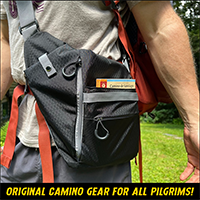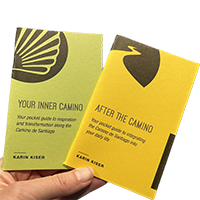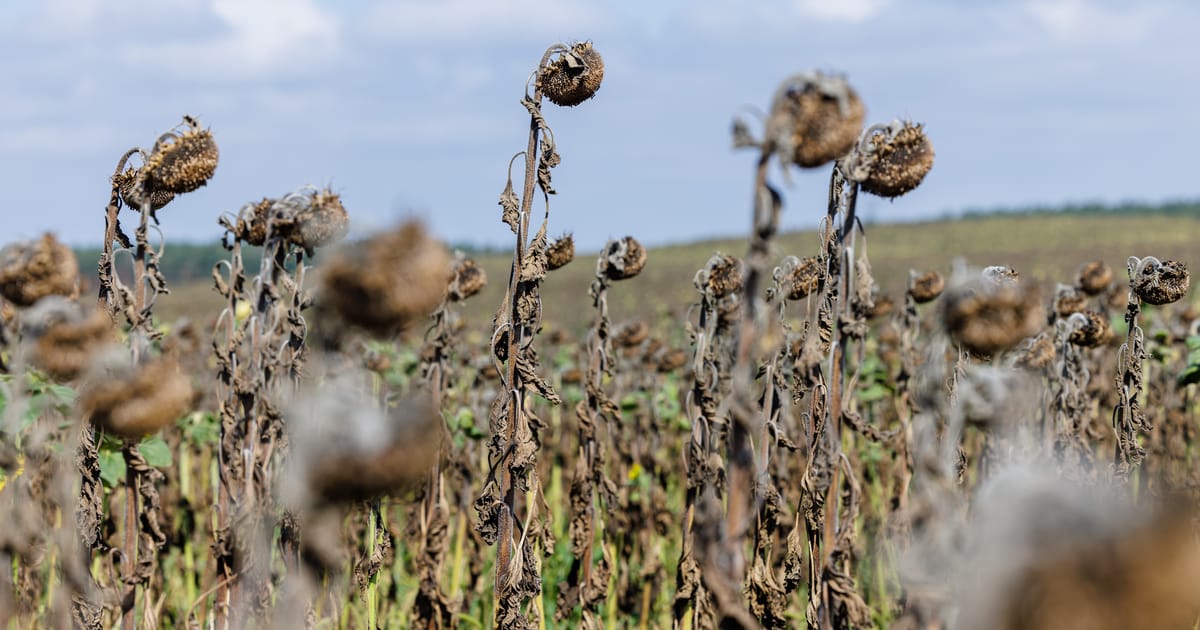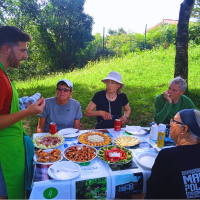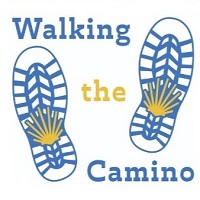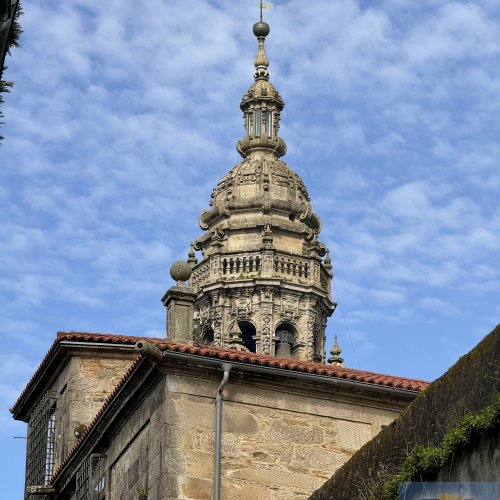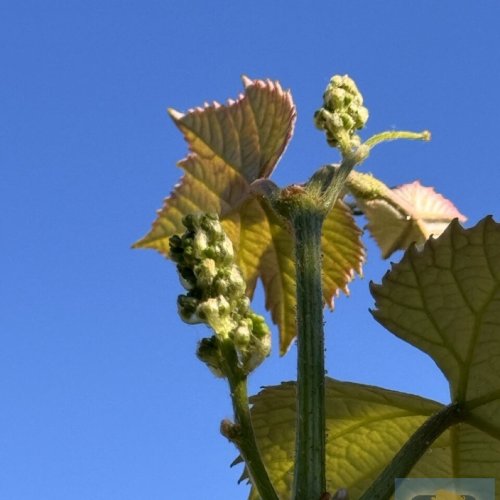LauraEmilia
New Member
- Time of past OR future Camino
- Future Camino is starting at mid Marc, 2023
Hi,
I'm gonna start my first Camino in March and now I'm wondering what to take with me...
In Albergues, are there all the equipments for basic cooking and also the other stuff like dry spices, oil, washing-up liquid and so on?
Or should I carry some of these with me...
Thank you very much for helping me with this


I'm gonna start my first Camino in March and now I'm wondering what to take with me...
In Albergues, are there all the equipments for basic cooking and also the other stuff like dry spices, oil, washing-up liquid and so on?
Or should I carry some of these with me...
Thank you very much for helping me with this




